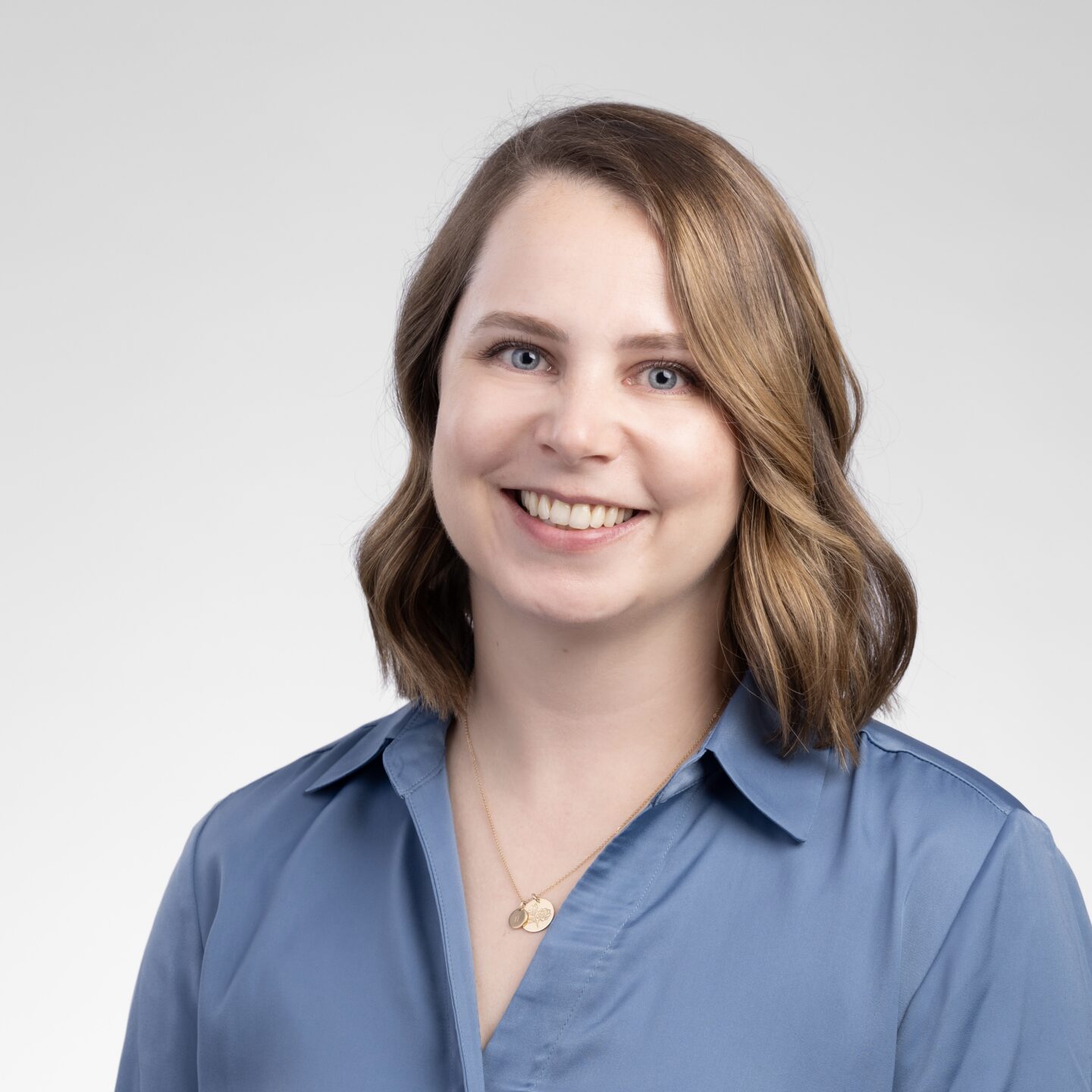Download: Use-It-or-Lose-It-Slides-ATE-Workshop-2020
ATE PI Conference 2020
Monday, October 19 | 1-3:00 p.m. | Virtual
Join this workshop to learn how evaluation can be put to use for the benefit of ATE projects. We will address how evaluations can help projects adjust in uncertain times, how to integrate evaluation findings into your annual report to NSF, and how evaluation can help you think more intentionally about your long-term goals. Additionally, we will share real-world examples of the use and utility of evaluation. This interactive, virtual workshop will include group discussions, question and answer sessions, as well as small group activities. Whether you’re an evaluator, PI, project staff, or grants professional, you’ll leave this workshop with new ideas for how to translate evaluation results into tangible benefits for ATE projects.
Download Resources
Checklist for Using Evaluative Findings
Other Relevant Resources
Three Questions to Spur Actions from Your Evaluation Report (blog)
Beyond Reporting: Getting More Value Out of Your Evaluation (blog)
How Can You Make Sure Your Evaluation Meets the Needs of Multiple Stakeholders (blog)
Tips for Evaluation Recommendations (blog)
Getting Ready to Reapply – Highlighting Results of Prior Support (blog)
How is an NSF Project Outcomes Report Different from a Final Annual Report (blog)

Except where noted, all content on this website is licensed under a Creative Commons Attribution-NonCommercial-ShareAlike 4.0 International License.


 EvaluATE is supported by the National Science Foundation under grant number 2332143. Any opinions, findings, and conclusions or recommendations expressed on this site are those of the authors and do not necessarily reflect the views of the National Science Foundation.
EvaluATE is supported by the National Science Foundation under grant number 2332143. Any opinions, findings, and conclusions or recommendations expressed on this site are those of the authors and do not necessarily reflect the views of the National Science Foundation.